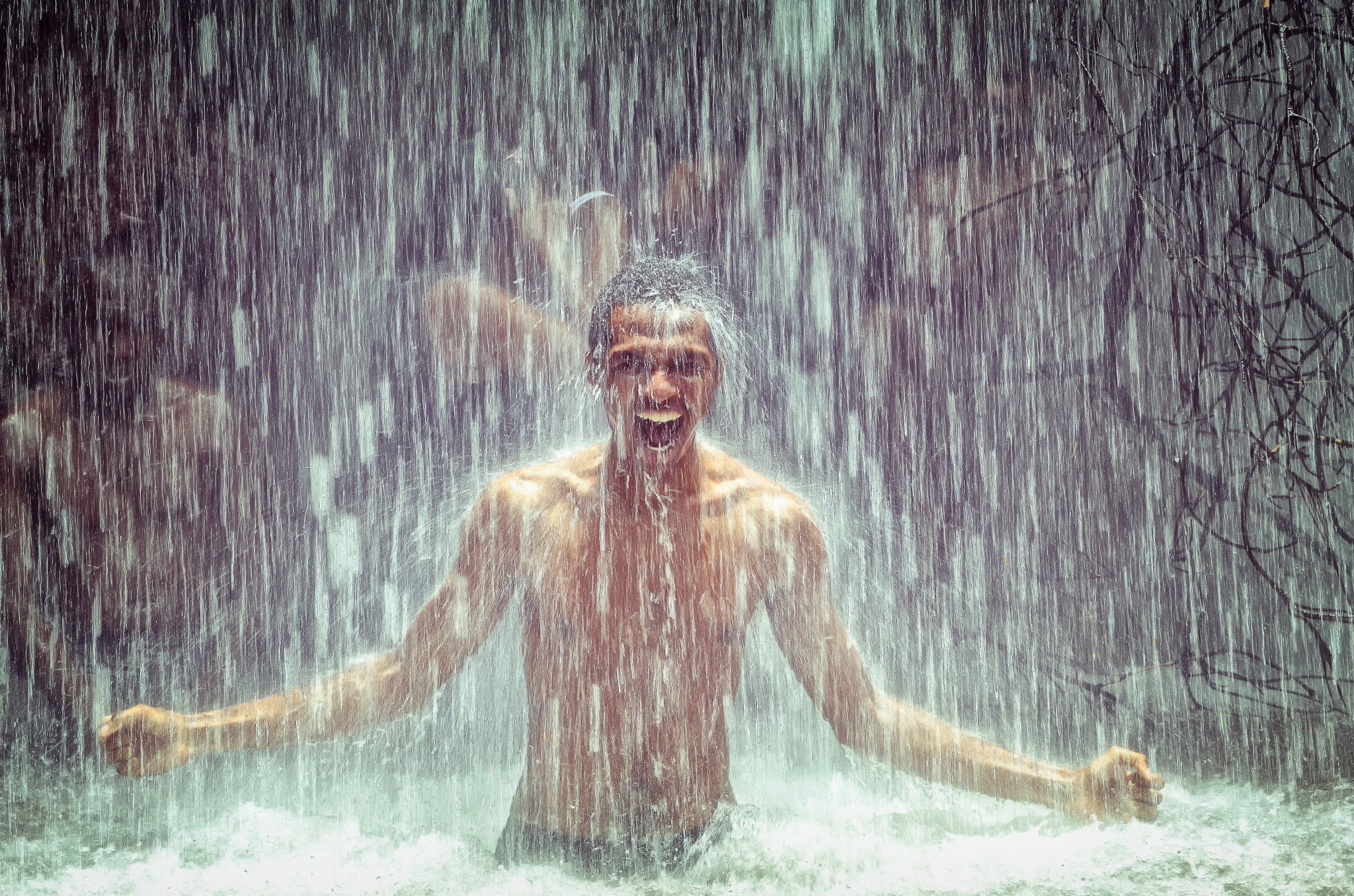Succeeding in talking to us once again about love and AI is a thorny bet; after the incredible Her, as well as some fascinating episodes of the Black Mirror and Westworld series, we thought we had already seen a large part of this exciting issue. How to create a smart android capable of love? And above all, how to apprehend the love for what looks like a machine as a human? The new Netflix production Zoé takes up the challenge brilliantly, offering us a film full of delicacy and questions.
In the atmosphere it gives off, Zoé very quickly reminds us of Spike Jonze's magnificent Her ; and yet Drake Doremus manages to let go of his source of inspiration to recreate his own universe, thanks in part to his character Cole (Ewan McGregor), the inventor of new technologies of love. Machine capable of calculating the compatibility of a couple, intelligent robot made to love, or drug that produces for a few moments the effects of first love: Cole's inventions are fascinating and sublime, but disturbing. The search for happiness is done by line of code and by pill, so that it is diluted to turn into a search for immediate and ephemeral pleasure.

Zoé's strength lies in her mastery of her rhythm and scenario; Brilliantly avoiding a too obvious final twist, which would have made the whole weak and tasteless, Drake Doremus assumes his subject until the last minute, asking complex and fascinating questions. Zoé walks us from nuance to nuance, from interrogation to questioning; the place of the creator is nicely carried by the fascinating character of Cole, by far the most accomplished of the film. Ewan McGregor forcefully emphasizes the doubts and nuances of an inventor who refuses happiness and confronts his own inventions; Creator and creations reinforce each other, to carry a powerful subject that will inevitably arise in a few years.
Zoé also raises questions about the status of women; Jewels (Christina Aguilera), a robotic prostitute programmed to satisfy the desires of her clients, holds a sometimes chilling speech, which nevertheless brings us back to a reality that unfortunately already exists in the minds of some; If the integrity of women is not already fully acquired for some, the question obviously arises about the women robots of the future. Zoé (Léa Seydoux) walks through the lives of the different characters, who each bring their share of questions and nuances.

But Zoé is unfortunately served by a photograph that cannot support her point; while Drake Doremus gives us an intimate approach to his characters, to probe feelings and impressions as closely as possible, the camera tends to establish a distance that is often unpleasant. The primers (blurred foreground in front of the camera, often here an object or a section of wall) are used excessively, giving an impression of obstruction of the image that ends up being unpleasant. The faces are often poorly lit, as if masked by a misty and dark veil, which prevent an intimacy between character and spectator yet advocated by the script and the general atmosphere of Doremus' film.
Zoe is by far one of the best Netflix productions of this year. With a rhythm that takes you very easily by the nuances of such a subject and by its share of questions all more interesting than the others, Drake Doremus brilliantly takes up the challenge of the anticipation film by establishing a delicacy and fascination carried by his characters. Zoé only needs beautiful photography to become a brilliant science fiction film.





































